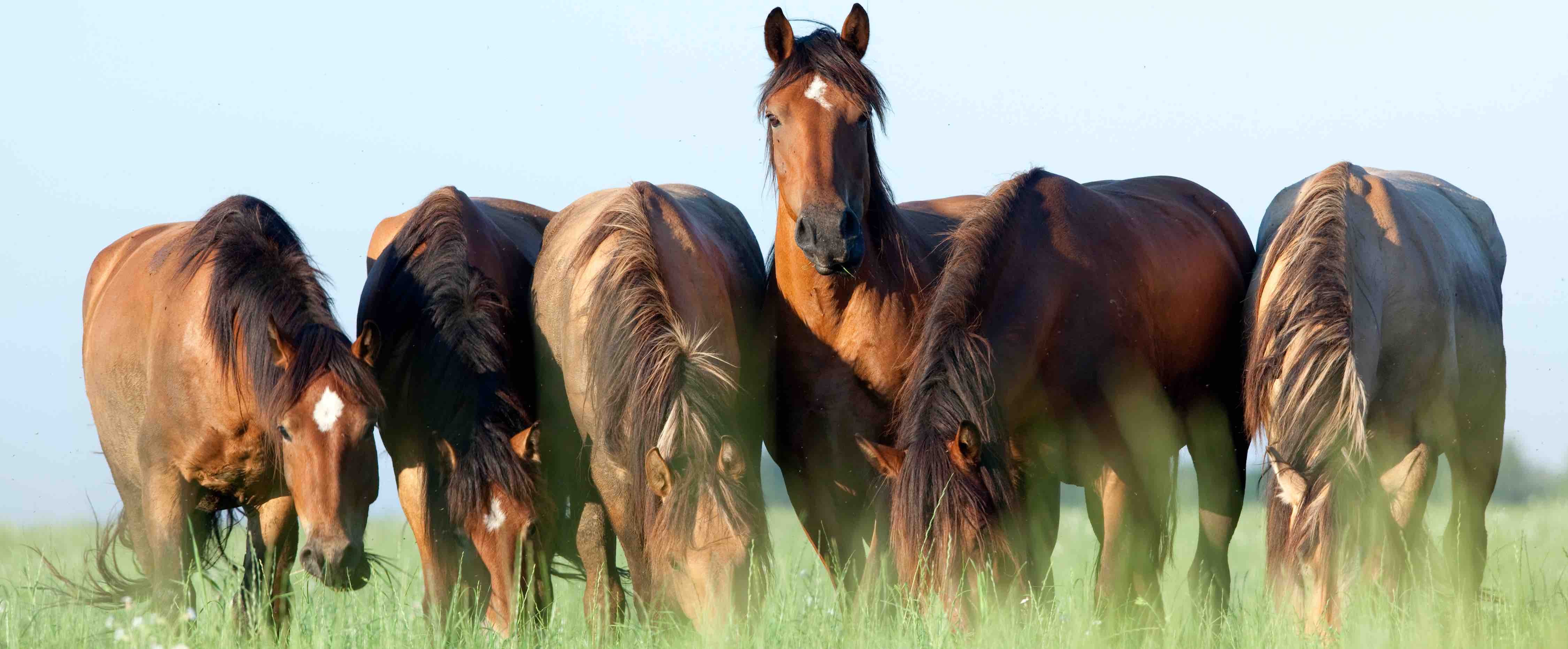Just like us humans, our horses have basic needs, which in principle differ only insignificantly from ours. These include basic physical needs, the need for security and social relations. What we humans should bear in mind, however, is that although horses and humans have the same basic needs, the horse's needs are very different from ours. Therefore we should let our horses be horses and not start humanizing them or keeping them in the easiest and most comfortable way for us. Many unfortunately often forget this and assume that the horse has the same demands on his life as we have on ours.

It is our duty as horse owners to fulfil the basic needs of the horse in order to enable it to be kept in a manner appropriate to its species and thus to create the basic prerequisite for a satisfied and healthy horse life. Basic physical needs include the need for exercise and sufficient space, functional areas, food and water intake and air.
In addition to riding, regular exercise is essential for the horse. Horses prefer to move the whole day eating slowly forward. But also the possibility for extensive playing and raving should be given. As horses are escape animals, sufficient space is required to avoid them, especially in stressful situations. Horses kept in boxes should also have enough space to lie down and recover without problems. Sufficient space should also be available, since horses like to divide their habitat into functional areas and deposit excrement and urine in other places than where they eat and lie.

In addition, the horse as an escape animal should be created a habitat in which it feels safe and can find peace. The need for constant eating stems from the fact that the horse has a relatively small stomach relative to its body size, which is why it eats many small meals throughout the day. If this is not guaranteed, it can lead to stomach problems and ulcers of the stomach mucosa. Grown up in the steppe, horses have a great need for light and free air. Therefore, the air and the feed in the barn should be dust-free and able to penetrate a lot of light.
Since horses naturally live in herds, social contact with other horses is vital for them. They should be able to interact with other horses outside the stable. This includes for example the mutual coat care. In addition to social contacts, horses should also have enough variety to prevent behavioural disorders. Environmental stimuli promote and challenge the brain and occupy the horse at the same time.